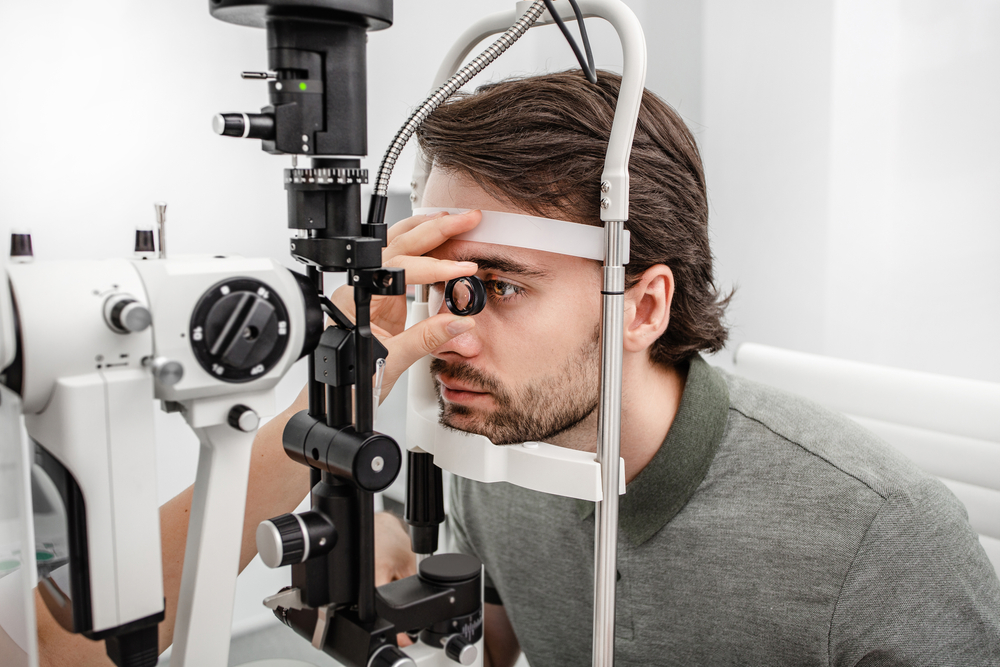
Our eyes are not only a crucial part of our sensory system but also play a significant role in our overall well-being. For this reason, it's essential to understand the importance of comprehensive eye exams. Unlike vision screenings, which are often misleading, comprehensive eye exams provide a comprehensive evaluation of our eye health, allowing for early detection and prevention of various eye conditions.
The Difference Between Comprehensive Eye Exams and Vision Screenings
While vision screenings may seem similar to comprehensive eye exams, they are not interchangeable. Vision screenings are usually performed by non-eye care professionals, such as school nurses or volunteers, and are designed to identify individuals with potential vision problems. These screenings are often limited to checking visual acuity or the ability to see clearly at a distance.
On the other hand, comprehensive eye exams are conducted by qualified eye doctors, such as optometrists or ophthalmologists, and involve a more in-depth evaluation of the eyes and their functions.
Why Vision Screenings are Not Enough
Although vision screenings serve a purpose in identifying individuals who may need further evaluation, they fall short in providing a complete assessment of eye health. Vision screenings primarily focus on visual acuity and may overlook other critical aspects of eye health, such as binocular vision, peripheral vision, eye muscle coordination, and the presence of underlying eye conditions.
Relying solely on vision screenings can lead to undiagnosed eye conditions and delayed treatment, potentially resulting in irreversible damage to the eyes and overall health.
The Benefits of Comprehensive Eye Exams
Comprehensive eye exams offer numerous benefits that go beyond simple visual acuity. These exams allow eye care professionals to evaluate the overall health of the eyes, detect early signs of eye diseases, and provide appropriate interventions. By assessing various aspects of eye health, including the cornea, lens, retina, and optic nerve, comprehensive eye exams can identify conditions. Early detection of these conditions can significantly improve the chances of successful treatment and preservation of vision.
Comprehensive eye exams can also reveal underlying health issues that may not be immediately apparent. The eyes can provide valuable insights into conditions like diabetes, high blood pressure, autoimmune diseases, and even certain types of cancer. By identifying these underlying health concerns, comprehensive eye exams contribute to the overall well-being of individuals and facilitate timely medical interventions.
Common Eye Conditions that Can be Detected through a Comprehensive Eye Exam
Comprehensive eye exams play a crucial role in detecting and managing various eye conditions. Some of the most common eye conditions that can be detected during these exams include:
Glaucoma: A group of eye diseases that damage the optic nerve, leading to gradual vision loss if left untreated.
Cataracts: Clouding of the lens, which affects vision and can be surgically corrected.
Macular degeneration: A progressive condition that affects the central part of the retina, leading to a loss of central vision.
Diabetic retinopathy: A complication of diabetes that affects the blood vessels in the retina, potentially leading to vision loss.
These are just a few examples of the eye conditions that comprehensive eye exams can detect. By identifying these conditions early on, eye care professionals can implement appropriate treatment plans, preventing further vision deterioration and improving the quality of life for patients.
Prioritizing Comprehensive Eye Exams for Optimal Eye health
By prioritizing comprehensive eye exams, individuals can take proactive steps towards preserving their vision and overall well-being. Schedule your next comprehensive eye exam today and prioritize your eye health for a brighter future.
Schedule your comprehensive eye exam at San Marino Optometry in our San Marino, California office. We proudly serve the San Marino, San Gabriel, and Arcadia communities. Please call (626) 415-3600 to book your appointment today.











 {{menu-footer}}
{{menu-footer}}